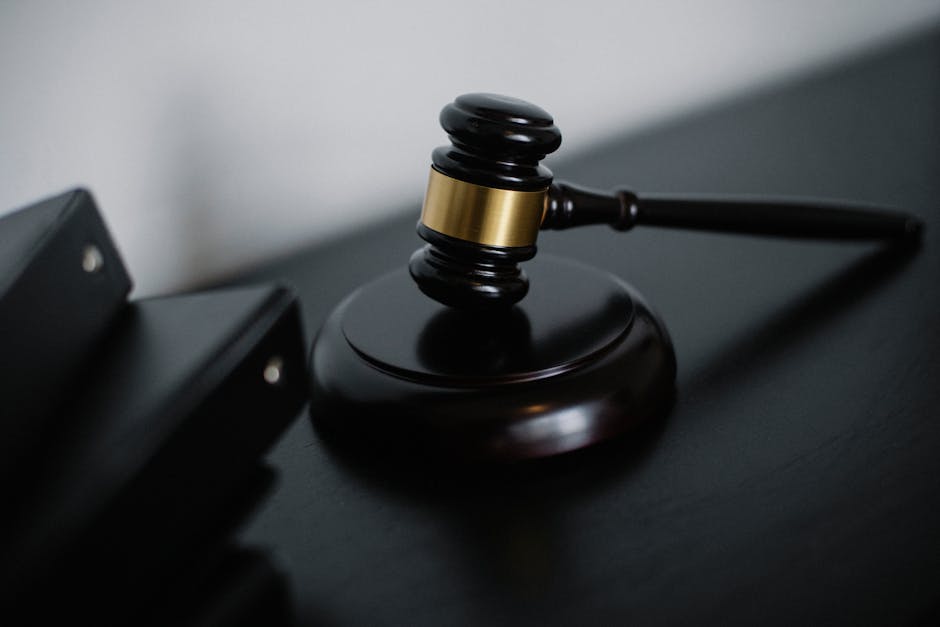First, access to justice is paramount. Meaningful participation in the legal system requires affordable and readily available legal representation. Financial barriers should not prevent individuals from asserting their rights or defending against accusations. This includes provisions for legal aid, pro bono services, and simplified court procedures to navigate complex legal terminology and processes. Furthermore, accessibility extends beyond financial limitations; it encompasses language barriers, physical impairments, and geographical remoteness. Courts and legal systems must be adaptive to the diverse needs of their population to ensure equal participation.
Next, impartiality is the bedrock of a fair legal process. This requires both subjective and objective neutrality. Subjective neutrality refers to the absence of conscious bias on the part of judges, juries, and other legal actors. Objective neutrality, however, is equally crucial and focuses on removing structural biases embedded within the system. This involves measures like blind reviewing of applications, standardized procedures to minimize discriminatory practices, and rigorous mechanisms to identify and correct implicit biases that might unconsciously influence decision-making. Transparency in the application of rules and precedents also contributes significantly to perceived and actual impartiality.
Due process, a fundamental principle enshrined in many legal systems, provides a framework for achieving fairness. This includes the right to be informed of accusations, the opportunity to present a defense, the right to confront witnesses, and the right to legal counsel. Procedural safeguards within due process prevent arbitrary state action and ensure individuals are not subjected to unfair or unreasonable treatment. This right extends beyond criminal proceedings to encompass civil matters and administrative hearings, ensuring consistency and protection across all facets of legal engagement.
A fair process also mandates a robust system of evidence and fact-finding. Evidence must be reliable, relevant, and lawfully obtained. The rules of evidence are designed to filter out unreliable information and ensure that decisions are based on credible and verifiable information. Moreover, the process must accommodate the ability to challenge the admissibility and weight of evidence, allowing for the correction of errors and the prevention of prejudicial information from unduly influencing the outcome. The responsibility for determining the facts should rest with impartial adjudicators, who are trained to evaluate evidence objectively and apply the law appropriately.
Beyond these procedural aspects, the substance of the law itself plays a crucial role in determining fairness. Laws must be clear, accessible, and applied consistently. Vague or ambiguous laws can lead to arbitrary and discriminatory outcomes. Similarly, inconsistent application of the law undermines public confidence and the perception of fairness. The legal system should actively strive to ensure that laws are regularly reviewed and updated to reflect societal values and changing circumstances, preventing outdated or unjust laws from persisting.
Furthermore, avenues for appeal and review are essential components of a just legal system. These mechanisms allow for the correction of errors and ensure accountability for those involved in the process. Appeals provide an opportunity to challenge legal rulings, procedural irregularities, and factual inaccuracies. The existence of higher courts and appeals processes enhances the legitimacy of the entire system by offering a pathway for redress and reinforcing the pursuit of justice.
Finally, a fair legal process requires accountability for all participants. Judges, lawyers, and other legal professionals are expected to uphold high ethical standards and adhere to codes of conduct. Mechanisms for investigating and addressing misconduct, including disciplinary actions and sanctions, are crucial for maintaining public trust and ensuring the integrity of the legal system. Transparency in the disciplinary processes themselves also contributes to the overall perception of fairness. This accountability extends to all aspects of the legal process, from the initial investigation to the final judgment and beyond.
In conclusion, a fair legal process isn’t a monolithic entity, but rather a multifaceted system built upon several interlocking principles. Access to justice, impartiality, due process, robust evidence gathering, clear and consistently applied laws, appeals processes, and accountability are all critical components. Continual evaluation and refinement of these elements are crucial to ensure that legal systems remain effective vehicles for upholding justice and promoting a fair and equitable society for all. The pursuit of a fair legal process is an ongoing endeavor, requiring vigilance, adaptation, and a steadfast commitment to the fundamental principles of justice and equality under the law.
